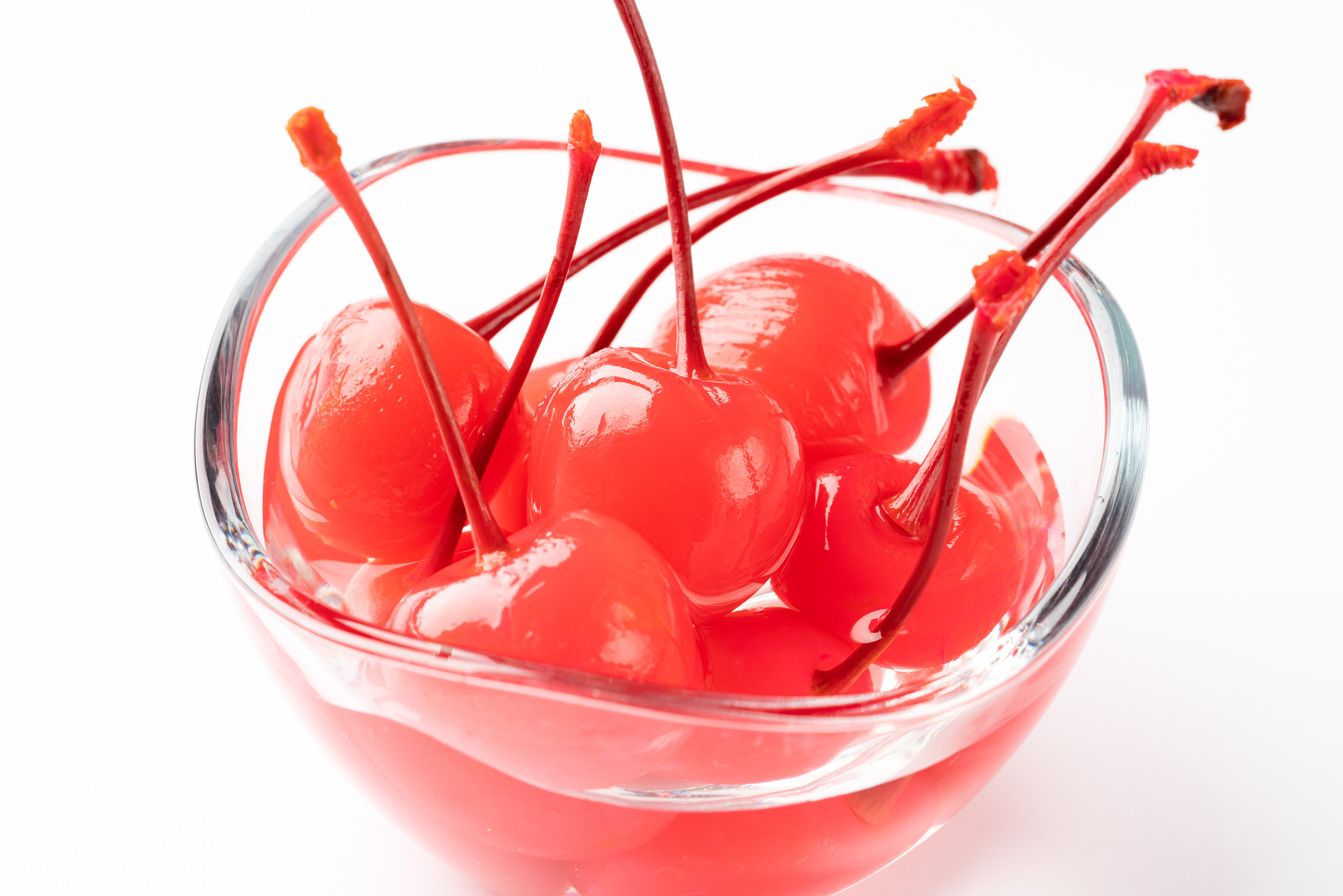Planet Earth is home to many incredible creatures, some of which, like lizards and whale sharks, can regrow detached parts of their bodies. But Elysia marginata, a particular species of sea slugs, is one-upping these animals with their remarkable regenerative abilities.
Sakaya Mitoh, a Ph.D. candidate at Nara Women’s University in Japan, discovered that instead of simply regrowing a damaged body part, the lab’s captive-raised sea slugs can self-decapitate and regrow their entire bodies within three weeks.
When Ms. Mitoh first noticed this phenomenon, she was shocked to see the head of the slug munching on algae as though nothing strange had happened.
Self-amputation, otherwise known as autotomy, isn’t abnormal in the animal kingdom. Many species use autotomy to escape from predators, but this is the first time that any animal has been observed abandoning its entire body.
Ms. Mitoh and her team were sure that the head would die quickly without its organs, despite its nonchalant behavior. To everyone’s surprise, the slug was able to regrow all its organs and its entire body in a matter of weeks. The headless body, on the other hand, was unable to regenerate its head, but it lived and reacted to stimuli for months before eventually decomposing.
This revelation motivated Ms. Mitoh and her team to study why sea slugs decide to rid themselves of their bodies. As previously mentioned, most animals who ditch body parts do so as a means of avoiding predation, but sea slugs seem to separate their heads from their bodies to expel internal parasites. By abandoning their bodies, the sea slugs can regenerate parasite-free forms.
Terry Gosliner, senior curator of invertebrate zoology at the California Academy of Science and the leading researcher told The New York Times, “We’ve known for a long time that sea slugs have regenerative capabilities, but this really goes beyond what we had thought.”
Deepening our comprehension of the remarkable and wonderful regenerative capability of sea slugs gives us insights into their behavior and role in the natural environment may one day even lead to advances in regenerative medicine.












